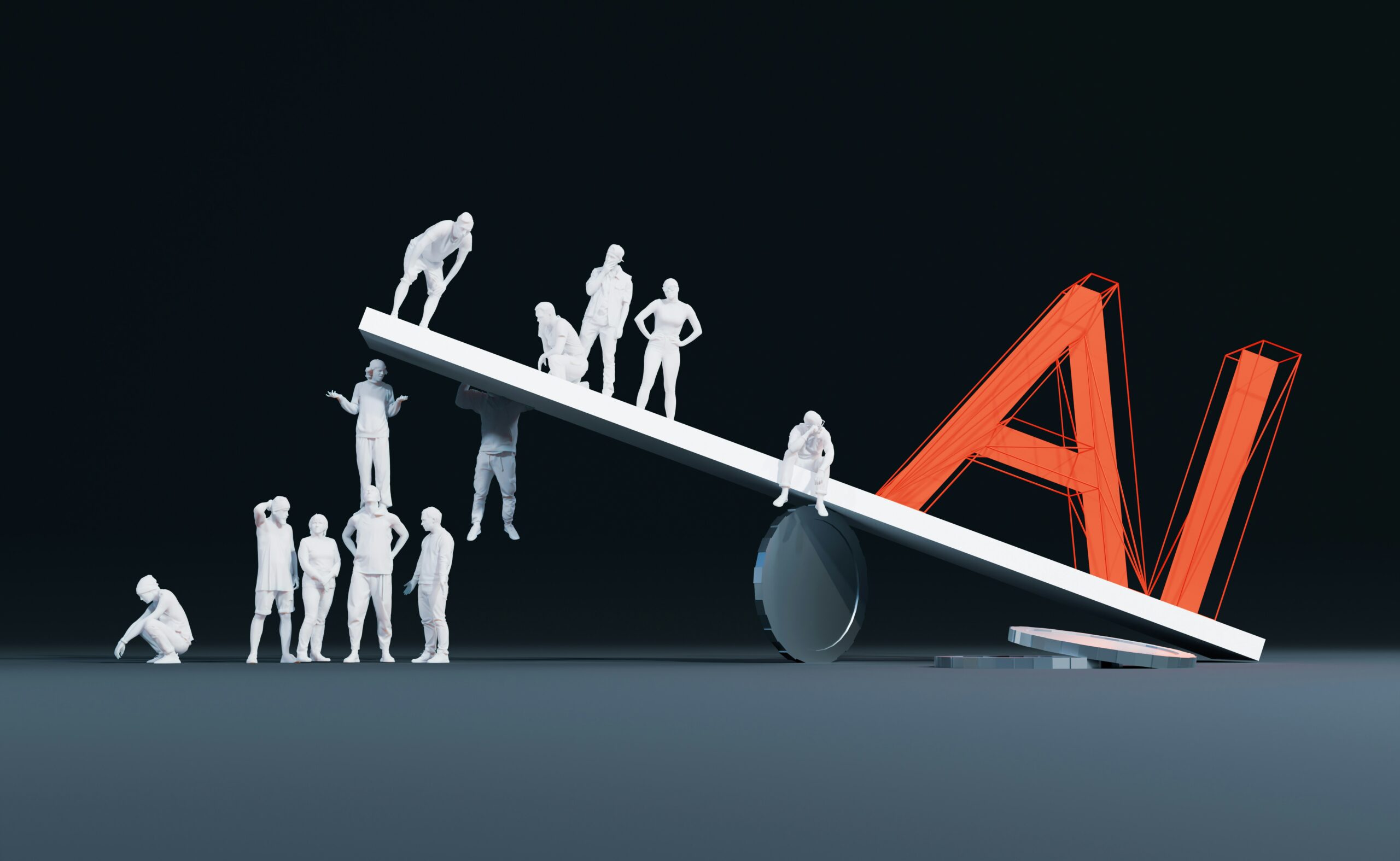
How AI is Enhancing Cybersecurity Measures in 2023
As cyber threats continue to evolve, leveraging artificial intelligence in cybersecurity has become a strategic priority for organizations worldwide. In 2023, AI is not just a tool but a critical ally in the fight against increasingly sophisticated cyberattacks.
The Role of AI in Cybersecurity
Artificial intelligence is revolutionizing cybersecurity by enhancing threat detection, response, and prevention. AI systems can process vast amounts of data at unprecedented speeds, identifying potential threats before they manifest into full-blown attacks. As cybersecurity expert Alan Turing notes, “AI provides a proactive approach to cybersecurity, allowing us to stay one step ahead of cybercriminals.”
Enhanced Threat Detection
AI’s ability to analyze patterns and detect anomalies is unmatched. In a recent study by the Cybersecurity and Infrastructure Security Agency, AI-driven solutions identified threats 30% faster than traditional methods. These systems continuously learn from new data, improving their accuracy over time.
Real-World Applications
Consider the case of a multinational corporation that implemented AI-based security measures. By using machine learning algorithms, they reduced their incident response time by 40%, significantly minimizing potential damage. Such examples underscore the transformative impact of AI in cybersecurity.
Actionable Tips for Implementing AI in Cybersecurity
- Integrate AI with existing security infrastructure for seamless operation.
- Regularly update AI models to adapt to new threats.
- Provide training for staff to effectively manage AI-driven security tools.
To maximize the benefits of AI, ensure that your cybersecurity team collaborates closely with AI specialists to tailor solutions to your organization’s specific needs.
Comparing AI and Traditional Cybersecurity Measures
| Features | AI-Driven | Traditional |
|---|---|---|
| Threat Detection Speed | High | Moderate |
| Accuracy | Increasing with time | Static |
| Adaptability | Very High | Low |
| Scalability | High | Moderate |
| Cost | Variable | Lower |
| Human Intervention | Minimal | High |
| Data Processing Capability | High | Moderate |
| Learning Capability | Continuous | None |
Frequently Asked Questions
How does AI improve cybersecurity?
AI enhances cybersecurity by analyzing data faster, identifying patterns, and predicting potential threats with greater accuracy.
Is AI in cybersecurity expensive?
The cost of AI solutions varies, but the investment can lead to significant savings by preventing costly breaches.
Can AI replace human cybersecurity experts?
AI complements human expertise by handling data-intensive tasks, allowing experts to focus on strategic decision-making.
Conclusion
AI is undeniably reshaping the landscape of cybersecurity in 2023, offering advanced tools and strategies to combat the ever-evolving threat landscape. By integrating AI, organizations can enhance their security posture, protect sensitive data, and ensure continuity in the face of cyber threats. As we move forward, embracing AI in cybersecurity will be crucial for safeguarding digital infrastructures. To explore more about AI advancements, consider visiting [MIT Technology Review](https://www.technologyreview.com/). Stay informed, stay secure.


